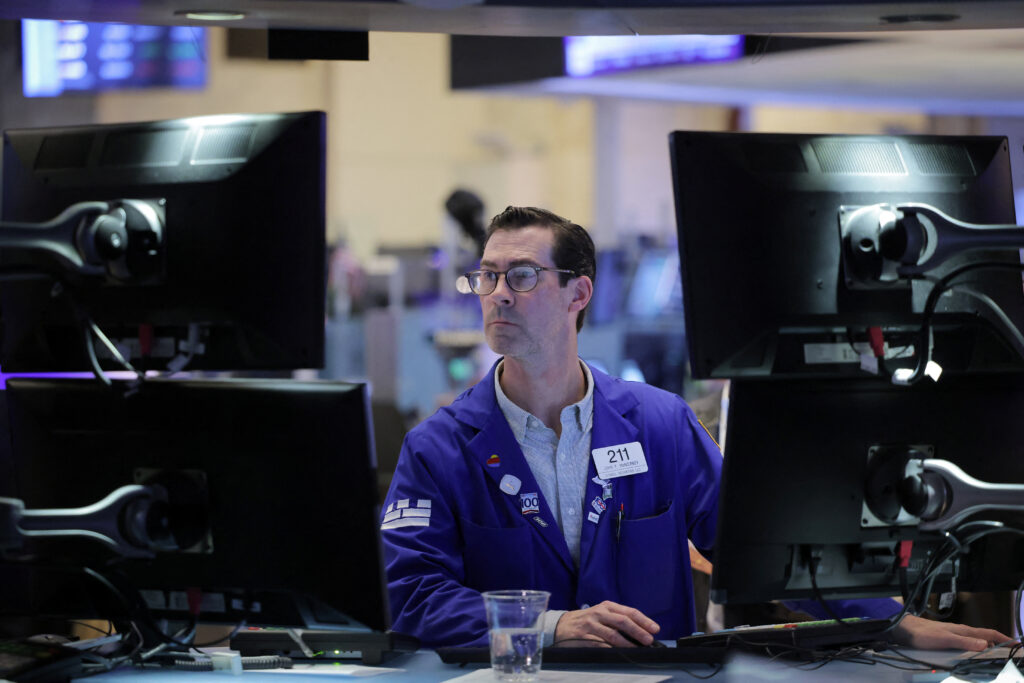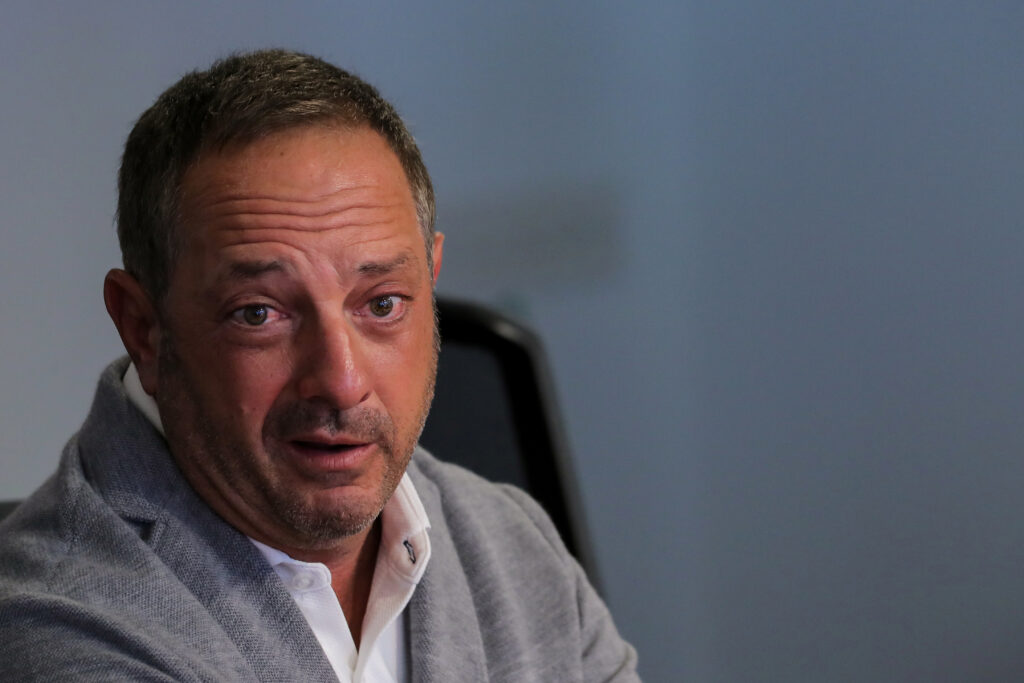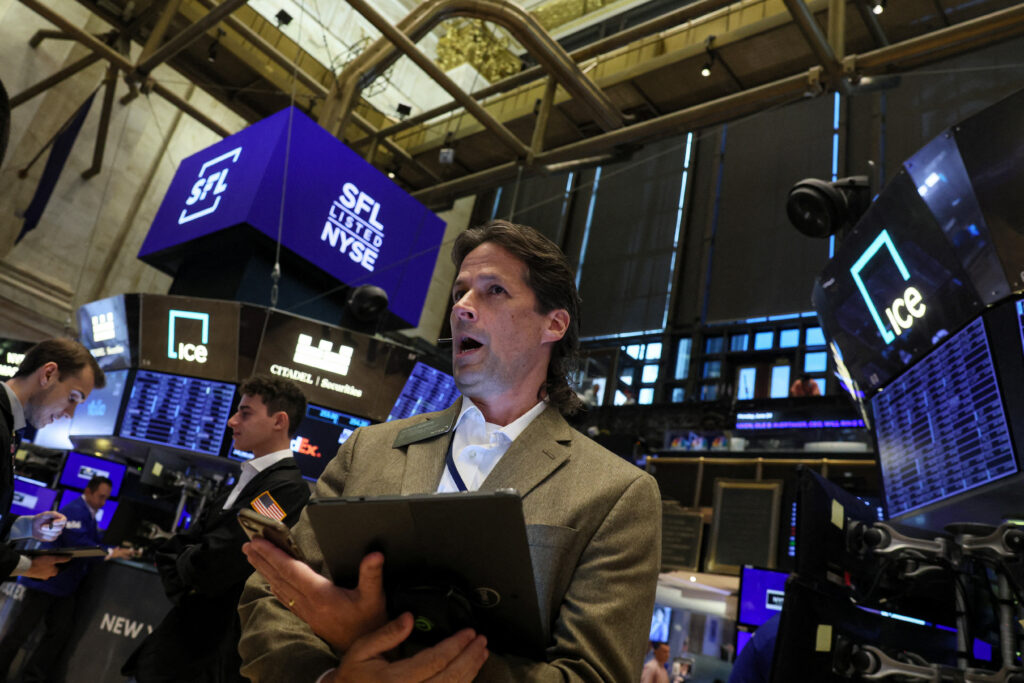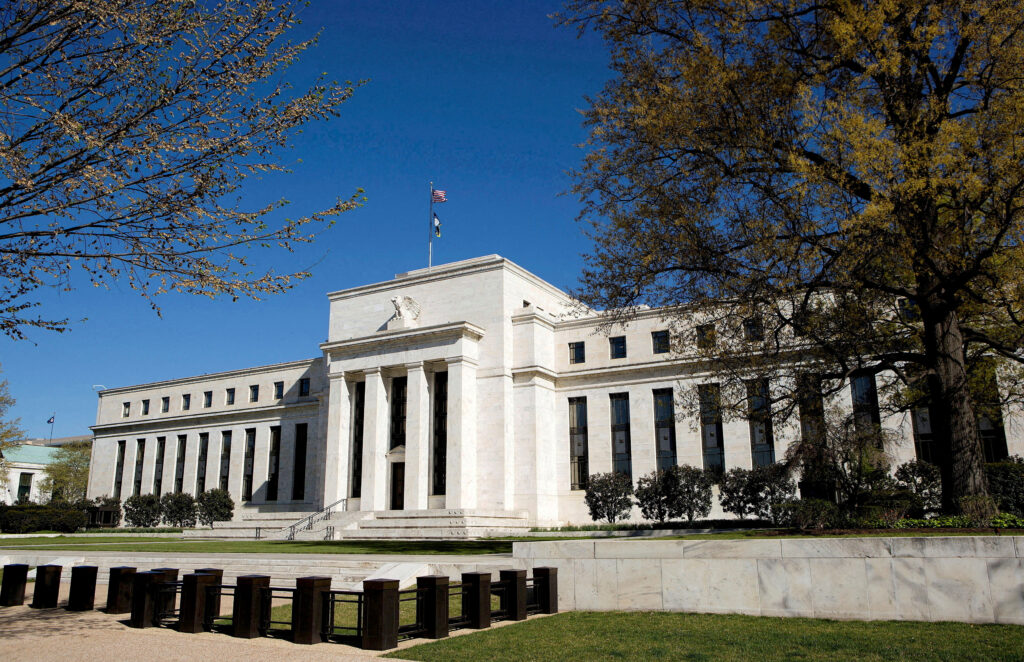People always say that their decisions are made in a hurry or while emotional and are mostly wrong! And when it comes to stock investing, one should never make this mistake. Fear & greed are two of the strongest emotions that might influence an investor’s decision.
During a market downturn, fear may lead investors to sell their stocks at low prices, whereas greed may lead them to buy them even at high prices.
That is why it becomes essential for an investor seeking to navigate the often turbulent waters of the financial world to understand these forces.
The Emotional Rollercoaster: Fear and Greed in Action
Although fear and greed are normal human emotions, how investing affect the market let’s just discuss it here:
-
Fear
Investors might be afraid of losing money when presented with bad news headlines or economic downturns. Panic selling, in which investors sell their assets at a loss, might result from this concern and further lower stock values.
According to a 2020 Dalbar Associates analysis, over the previous 20 years, the typical US stock investor underperformed the S&P 500 by 2.34% annually. A common explanation for this underperformance is fear-based investing choices.
-
Greed
However, greed can also be triggered by positive economic news or rising stock prices. Investors may chase hot stocks or make large, risky investments, ignoring potential hazards to profit from possible gains.
In market bubbles, asset prices rise well above their inherent value, which may result from this.
These emotional swings create a feedback loop. Fearful selling begets further declines, while greed-driven buying pushes prices to unsustainable heights. This highlights the necessity of recognizing the role of emotions in investment decisions and developing strategies to mitigate their influence.
The Herd Mentality: When Everyone Jumps Ship
Human beings are social creatures, which extends to the investing world. The tendency to follow crow, known as the herd mentality, can amplify the effect of fear and greed. When investors see others selling, they may panic and sell their own holdings, even if the underlying fundamentals of their investments haven’t changed.
On the other hand, an increase in purchasing activity may draw in additional investors and raise asset values even more, which would be driven by emotion rather than reason.
Investors are more prone to herd during times of market volatility, underscoring the higher vulnerability to emotional contagion during difficult times.
Strategies for Rational Investing
-
Develop an Investment Plan
Determine your financial objectives by taking a step back before entering the market. Are you saving for a dream vacation, your child’s college tuition, or retirement? Knowing your objectives will enable you to assess your level of risk tolerance.
Would you rather have slower growth and more stability, or are you okay with a little volatility? Set your time horizon at the end. Before you need the money, how long can you leave it invested? A well-defined investment plan acts as a compass, guiding your decisions and preventing impulsive reactions during market fluctuations.
-
Conduct Thorough Research
Don’t be swayed by fleeting trends or your neighbor’s latest hot stock tip. Do a thorough investigation of any firm before making an investment. This entails examining their competitive environment, comprehending their business plan, and studying their financial accounts.
Examine their management group and performance history. Having access to trustworthy financial resources and impartial analysis will enable you to make judgments based on a company’s long-term prospects rather than just short-term hype.
-
Diversify Your Portfolio
Imagine putting all your eggs in just one basket & then dropping it. That’s the risk of not diversifying your portfolio. Distribute the investments across various asset classes like stocks, bonds, real estate, and commodities.
This approach helps mitigate risk. When one asset class experiences a downturn, another might perform well, cushioning the overall impact on your portfolio. Diversification also reduces your vulnerability to fear-driven selling during market corrections.
-
Invest for Long Term
The financial markets are cyclical by nature, meaning that downturns always follow upswings. Temporary market swings shouldn’t disrupt your long-term investing objectives. Keep in mind that you will probably be investing for years or even decades.
Prioritize accumulating money gradually over time. Fighting the urge to trade frequently or chasing the newest “hot stock” can result in greater expenses and rash judgments.
-
Maintain an Emotional Distance
It is crucial to keep up with market developments but avoid becoming obsessed with financial headlines or letting every swing in the market control your investing choices. The constant onslaught of data can be emotionally taxing and overwhelming.
Establish a sound distance from the market’s volatile emotions. Review your portfolio on a regular basis in accordance with your pre-planned strategy; nevertheless, refrain from acting rashly in response to transient market fluctuations.
-
Seek Professional Advice
If managing the complexities of the market and controlling your emotions seem overwhelming, think about getting expert guidance from a licensed financial advisor. A fiduciary advisor can assist you in creating a customized investment plan that fits your risk tolerance and specific goals. Fiduciary advisors are legally required to operate in your best interests. They can also offer helpful, unbiased advice when the market is uncertain.
The Emotional Aftermath of a Crash
-
Healing the Emotional World
The first step is acknowledging your emotions. Avoid holding them in. Discuss your money concerns with a family member, friend, or therapist who you can trust. Reduce your exposure to financial and news media as well, as a steady diet of negativity can exacerbate anxiety.
-
Assessing the Damage
After you have stabilized emotionally, it’s time to evaluate the financial losses. Examine your investment strategy again and consider the crash’s effects. This aids in determining whether any quick adjustments are required.
-
Sticking to the Plan (with Adjustments)
Remember the long-term goals you outlined in your investment plan. A market crash does not negate these objectives. If nothing has altered drastically in your situation, stick to your diverse portfolio.
But now that the market has crashed rebalancing your portfolio could be a good idea to ensure it reflects your time horizon and risk tolerance.
-
Focus on What You Control
Although you have no influence over the market, you do have power over what you do. To compensate for lost ground, reduce pointless spending as much as possible and consider raising your savings contributions.
Remember, time is a powerful investment tool. The longer your investment horizon, the more time the market has to recover and potentially surpass its pre-crash highs.
Conclusion: Investing with a Clear Head
The world of investing may appear complex, but understanding the role of emotions can significantly impact your success. Fear and greed are powerful forces, but by recognizing their influence and employing sound investment strategies, you can make rational decisions which lead to long-term financial success.
Peter Williams, a financial writer with over five years of experience, specializes in covering stock market movements, bond markets, commodities, and macroeconomic trends.










